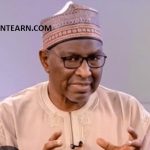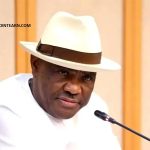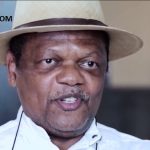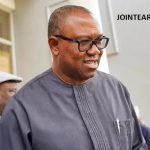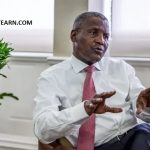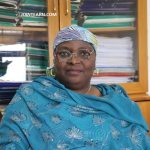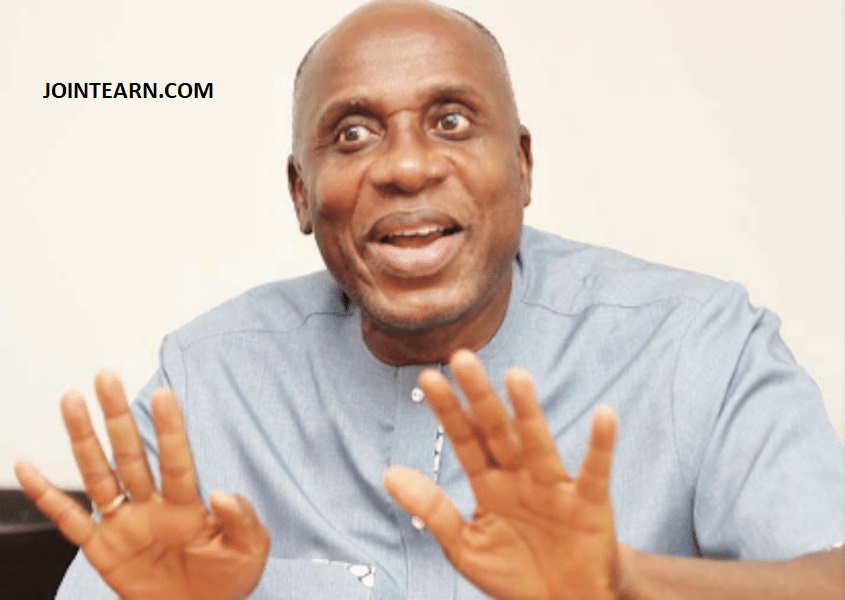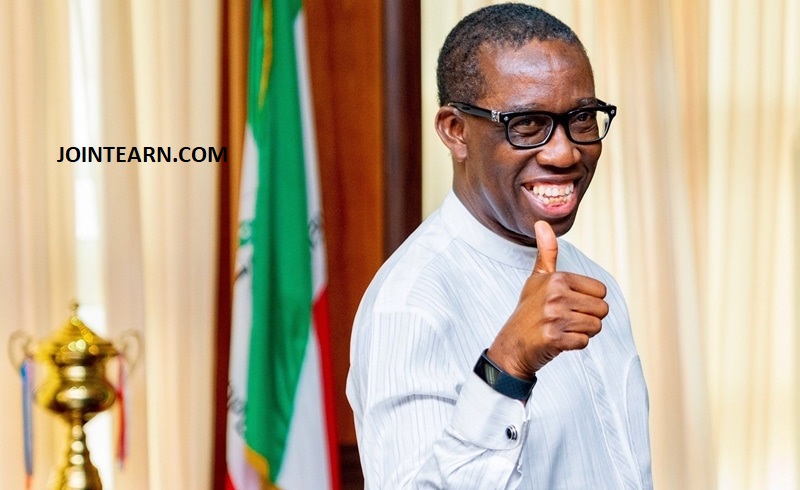The World Bank has projected a concerning rise in Nigeria’s poverty rate, estimating that the number of citizens living in poverty is expected to increase by 3.6 percent in 2024. The projection, which was contained in its latest Nigeria Development Update (NDU) report, underscores the severity of the country’s ongoing economic crisis and the urgent need for more effective policy interventions.
The report, titled “Turning the Corner: From Reforms and Recovery to Inclusive Growth,” warns that without significant reforms and direct support to vulnerable populations, the current trajectory could plunge millions more into poverty. The World Bank estimates that rising inflation, the cost of living crisis, and a weak economic recovery will deepen hardship for average Nigerians, particularly those in the lower-income brackets.
Economic Reforms Without Safety Nets
One of the key issues highlighted by the World Bank is the impact of recent economic reforms undertaken by the administration of President Bola Ahmed Tinubu. The removal of fuel subsidies, the floating of the naira, and other macroeconomic adjustments were intended to stabilize the economy and reduce fiscal pressure. However, according to the report, the pace and sequencing of these reforms—without adequate social protection measures—have contributed to worsening living conditions.
“While the reforms are necessary for long-term sustainability, the immediate effects have disproportionately affected poor and vulnerable households,” the report stated.
The World Bank advised that to avoid further social fallout, the government must swiftly implement compensatory measures, including cash transfer programs, food subsidies for the most vulnerable, and targeted employment interventions.
Rising Inflation and Cost of Living
Nigeria has been grappling with one of the highest inflation rates in sub-Saharan Africa. As of March 2024, the inflation rate stood at over 33%, with food inflation hitting record highs. Essential commodities such as rice, bread, oil, and transportation have seen prices double or even triple in the last year.
Many families now struggle to afford three square meals, and the cost of education, healthcare, and rent has also escalated. The World Bank estimates that inflation alone could push an additional 7.1 million Nigerians into poverty if left unchecked, further complicating efforts to meet the country’s development targets.
A Lagos-based trader, Fatima Bello, shared her frustration: “Everything is expensive. We used to buy a bag of rice for N30,000, now it is almost N70,000. Our customers are not buying as before, and we are barely surviving.”
Joblessness and Youth Disillusionment
In addition to inflation and high prices, Nigeria’s unemployment rate continues to pose a significant challenge. Youth unemployment and underemployment remain widespread, especially in urban areas. The World Bank notes that the country’s job creation rate is not keeping pace with population growth, further exacerbating economic inequality.
Nigeria’s population, now estimated at over 220 million, grows by about 2.5% annually. However, job growth is estimated at less than 1.5%, leaving millions without stable sources of income.
“This demographic mismatch is a ticking time bomb,” the report stated. “Without a surge in investment and productivity-enhancing reforms, especially in labor-intensive sectors, poverty will continue to rise, and social tensions could intensify.”
Regional Disparities
The World Bank also pointed out that poverty is not evenly distributed across Nigeria. Northern states, particularly in the North-East and North-West, continue to experience the highest poverty rates due to ongoing insecurity, limited access to basic services, and lower economic activity.
The report estimates that over 60% of the population in some northern states lives below the poverty line, compared to 25–30% in some southern regions. The bank urged the Nigerian government to adopt region-specific strategies, including investing in agriculture, infrastructure, and education in the most affected areas.
Government Reaction
In response to the World Bank’s warning, the Nigerian Ministry of Finance and Coordinating Economy acknowledged the challenges but expressed optimism about the government’s ongoing reforms.
Minister of Finance, Wale Edun, stated that the administration was aware of the hardship being experienced by Nigerians and had initiated measures to cushion the impact.
“We are not unaware of the difficulties our people are facing. The reforms are painful but necessary. We are committed to rolling out social investment programs, including conditional cash transfers and food security initiatives,” Edun said.
He added that the government is also engaging with international partners to secure financial and technical support for its social protection plans.
Civil Society Calls for Urgency
Civil society organizations and labor unions have called on the government to act quickly, warning that the social fabric of the nation could be at risk if the poverty situation continues to deteriorate.
The Nigeria Labour Congress (NLC), in a statement, said, “The suffering among the masses is unbearable. The World Bank has merely confirmed what we see daily. We urge the government to prioritize the welfare of Nigerians above all else.”
Similarly, ActionAid Nigeria called for the implementation of immediate safety nets to protect low-income households and women-headed families, who are among the most vulnerable.
Conclusion
The World Bank’s forecast of a 3.6% rise in Nigeria’s poverty rate paints a stark picture of the current economic reality facing millions. As inflation bites harder, jobs remain scarce, and essential services grow more inaccessible, the challenge before the Nigerian government is clear: act fast and decisively to stem the tide of deepening poverty.
While economic reforms may hold long-term promise, experts agree that without deliberate efforts to protect the most vulnerable, the social costs may be too high to bear. The months ahead will be crucial as Nigerians await not just recovery plans, but tangible relief.
